Procrastination often feels like an impossible mountain to climb. You know what needs to be done, but the task seems too big, too overwhelming, or too exhausting to start. So, you delay. You wait for motivation. And you feel stuck.
The secret to breaking this cycle? Small wins.
Small wins are tiny, achievable actions that create momentum, making it easier to start and stay on track. Instead of focusing on the entire project, you focus on one tiny step at a time.
This article will show you how small wins rewire your brain for success, why they are so powerful in defeating procrastination, and how to use them in your daily life.
Why Small Wins Help You Overcome Procrastination
Procrastination thrives when a task feels too big or too difficult. The brain sees the challenge as overwhelming and avoids it to reduce stress. Small wins trick your brain by making progress feel effortless and rewarding.
| Why We Procrastinate | How Small Wins Help |
|---|---|
| The task feels overwhelming | Breaking it down makes it manageable |
| Fear of failure | Small wins build confidence |
| Lack of motivation | Small successes create momentum |
| Waiting for the “perfect time” | Quick wins help you start immediately |
When you achieve a small win, your brain releases dopamine, the “feel-good” chemical. This creates a positive feedback loop—the more small wins you experience, the easier it becomes to keep going.
✅ Key Idea: “The more small wins you create, the more motivated and productive you become.”
How to Use Small Wins to Defeat Procrastination
1. Start with a Tiny, Effortless Step
The hardest part of any task is getting started. Small wins eliminate this resistance by making the first step so easy that you can’t say no.
✅ How to Apply It:
- Instead of “Write a full report”, start with “Write one sentence.”
- Instead of “Clean the house”, pick “One item to put away.”
- Instead of “Exercise for an hour”, commit to “One push-up.”
📌 Example: If you’ve been avoiding studying, start by opening the book and reading just one sentence. Once you begin, it’s easier to keep going.
2. Use the “2-Minute Rule” to Create Quick Wins
If a task feels intimidating, break it down into something that takes only two minutes. This removes hesitation and builds momentum.
✅ How to Apply It:
- Want to start running? Put on your running shoes.
- Need to clean? Set a 2-minute timer and tidy up.
- Have to read? Read just one page.
📌 Why It Works: Once you start, you’re likely to continue beyond two minutes, creating natural momentum.
3. Track Progress to Keep Motivation High
Seeing progress fuels motivation. A visual reminder of your small wins encourages you to stay consistent and push forward.
✅ Ways to Track Progress:
- Checklists – Cross off completed tasks.
- Habit trackers – Mark progress daily.
- Journaling – Write down your wins.
📌 Example: If you struggle with daily writing, keep a calendar and mark each day you write. The more streaks you build, the harder it is to break them.
4. Celebrate Small Wins to Reinforce Progress
Your brain loves rewards. Celebrating even the smallest achievements reinforces positive behavior and makes you want to continue.
✅ How to Apply It:
- After working for 10 minutes, take a short break.
- Finished one part of a project? Treat yourself to a coffee.
- Completed a difficult task? Listen to your favorite song.
📌 Example: If you struggle with workouts, reward yourself with a relaxing stretch or a favorite snack after completing a session.
5. Focus on “One Step at a Time” Instead of the Big Picture
Thinking about an entire project can feel paralyzing. Instead, focus only on the next small step—not the whole task.
✅ How to Apply It:
- If writing an essay, focus only on the introduction.
- If preparing for an exam, study just one topic today.
- If cleaning your room, start with just your desk.
📌 Example: Instead of stressing about writing 2,000 words, commit to just 100 words per session. Small steps lead to big results.
6. Turn Procrastination into a Game
Making tasks fun and competitive tricks your brain into seeing them as a challenge rather than a chore.
✅ How to Apply It:
- Time yourself – See how much you can complete in 10 minutes.
- Compete with yourself – Try to finish faster than last time.
- Use a Pomodoro timer – Work for 25 minutes, then reward yourself.
📌 Example: If cleaning feels boring, set a 10-minute timer and challenge yourself to see how much you can get done before it rings.
7. Accept Imperfection—Done is Better Than Perfect
Perfectionism fuels procrastination. If you wait for perfect conditions, you’ll never start. Small wins help you embrace progress over perfection.
✅ How to Apply It:
- Accept rough drafts instead of aiming for perfect writing.
- Make quick decisions instead of overanalyzing.
- Focus on completing tasks, not making them flawless.
📌 Example: Instead of rewriting an email 10 times, send it when it’s clear and professional, even if it’s not “perfect.”
How to Make Small Wins a Daily Habit
✅ 1. Start Every Day with a Quick Win → Accomplishing one small task early builds momentum for the rest of the day.
✅ 2. Keep a “Done” List → Instead of just listing tasks to do, keep track of what you’ve already finished.
✅ 3. Create a “Minimum Daily Habit” → Set a habit that is too small to fail (e.g., write just one sentence daily).
✅ 4. Use an Accountability Partner → Tell someone your small win goal and check in with them for encouragement.
✅ 5. Adjust and Improve → If a task still feels overwhelming, break it down even further.
Final Thought: Small Wins Lead to Big Success
Overcoming procrastination isn’t about giant leaps—it’s about small, consistent steps. Every small win builds confidence, reduces resistance, and makes progress feel natural.
By focusing on one tiny step at a time, you will:
✅ Stop feeling overwhelmed and start taking action.
✅ Stay motivated by celebrating progress.
✅ Create habits that lead to long-term success.
Start now: Choose one small win and take action today! 🚀


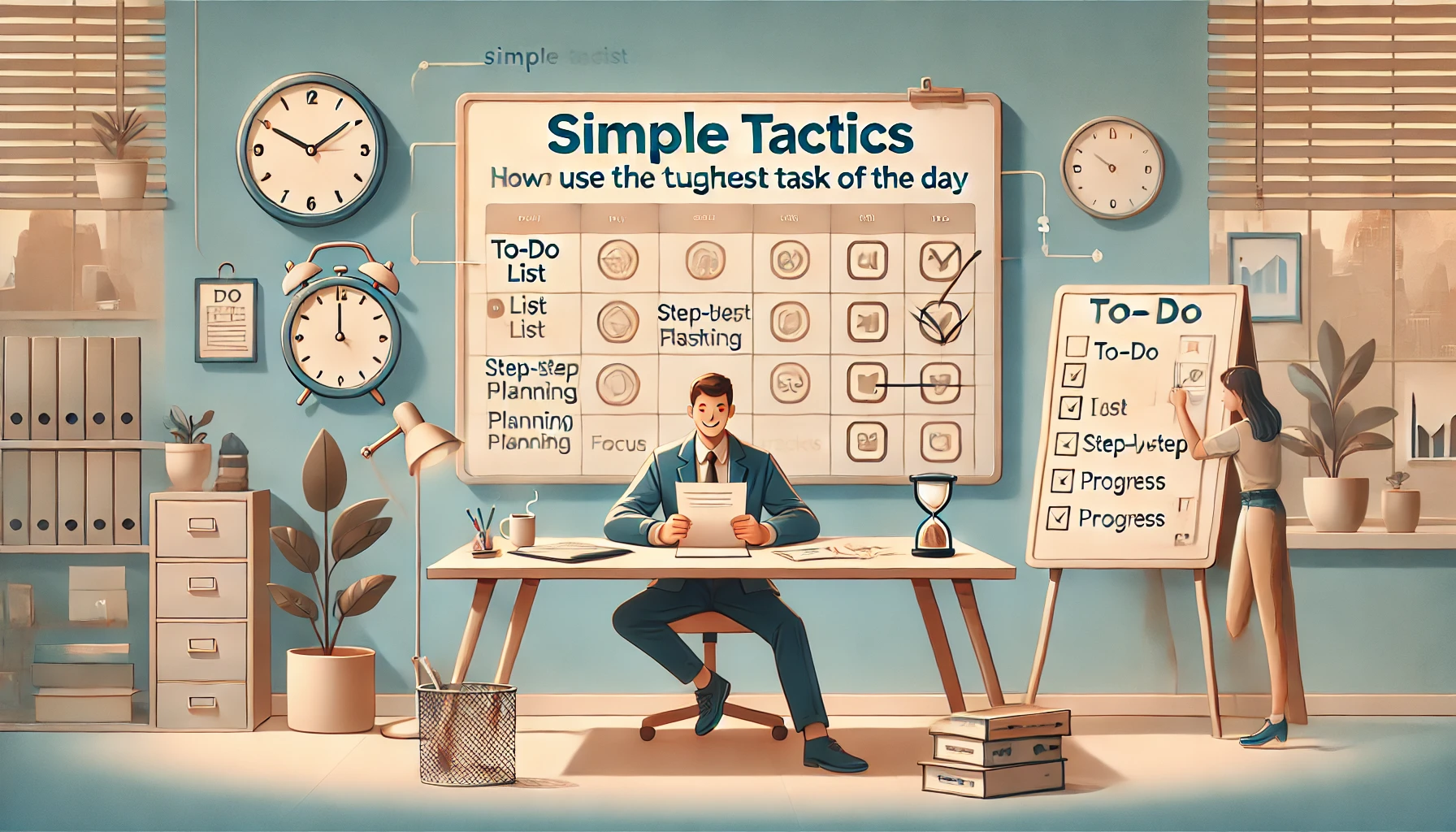

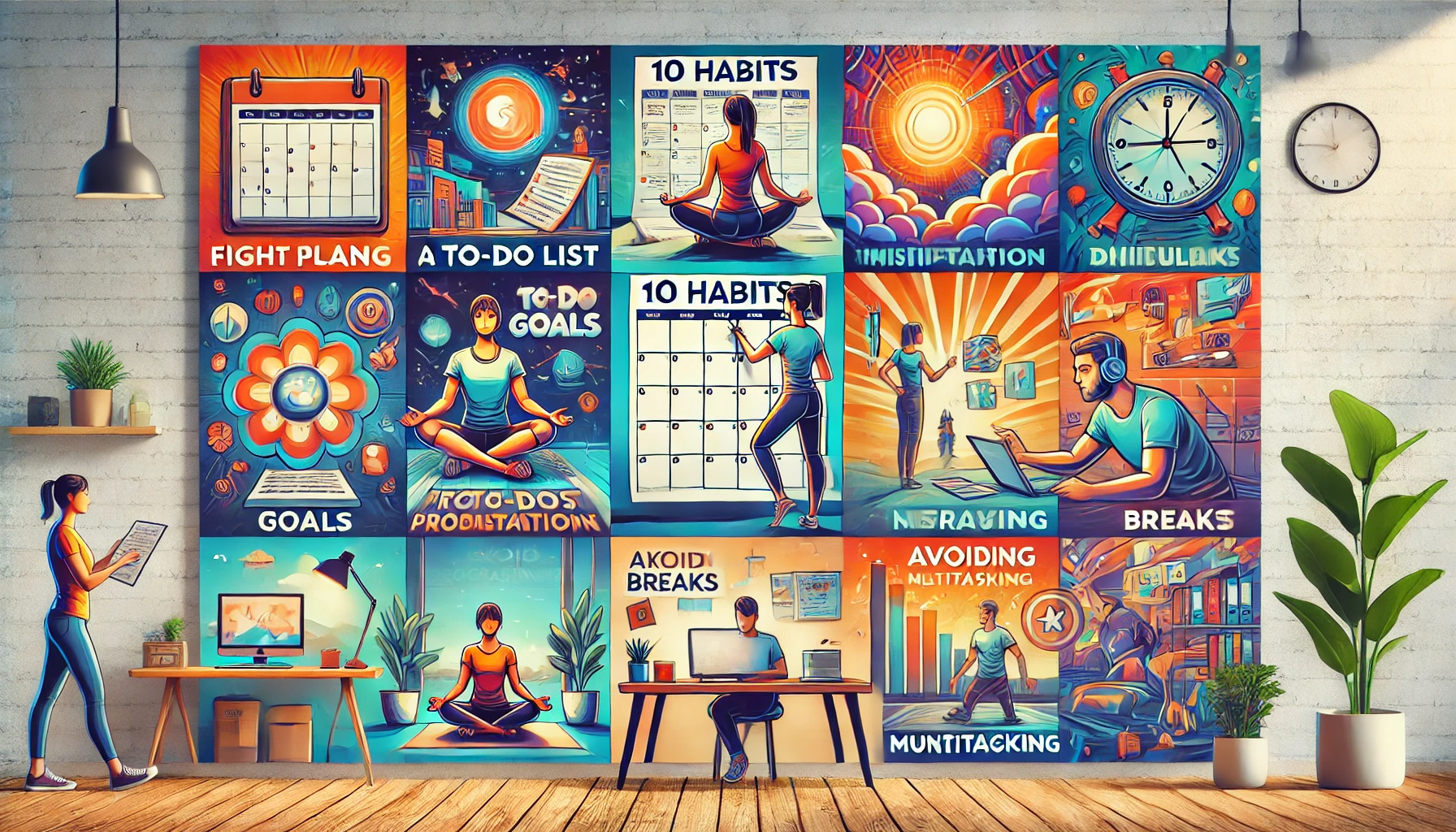
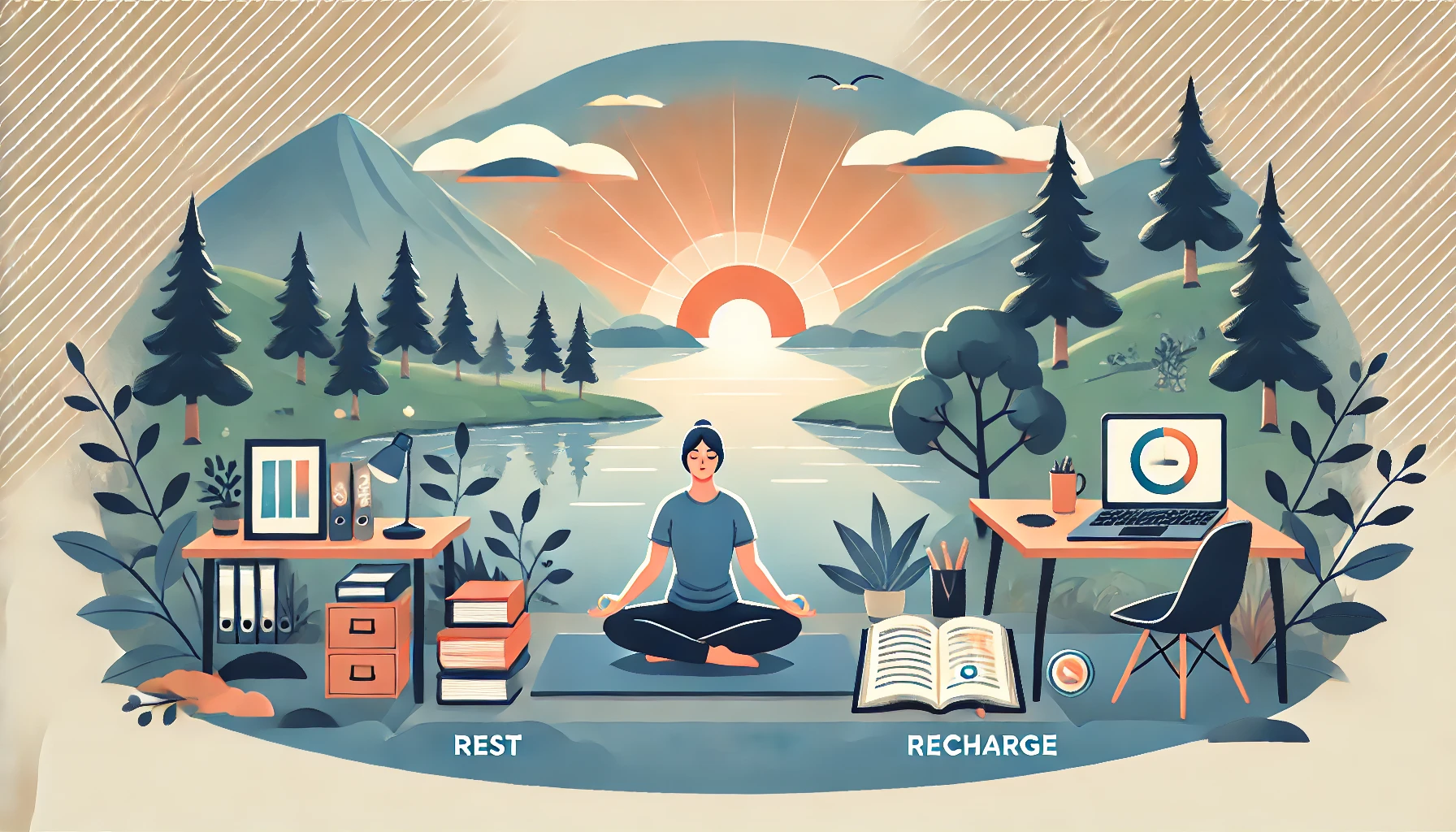




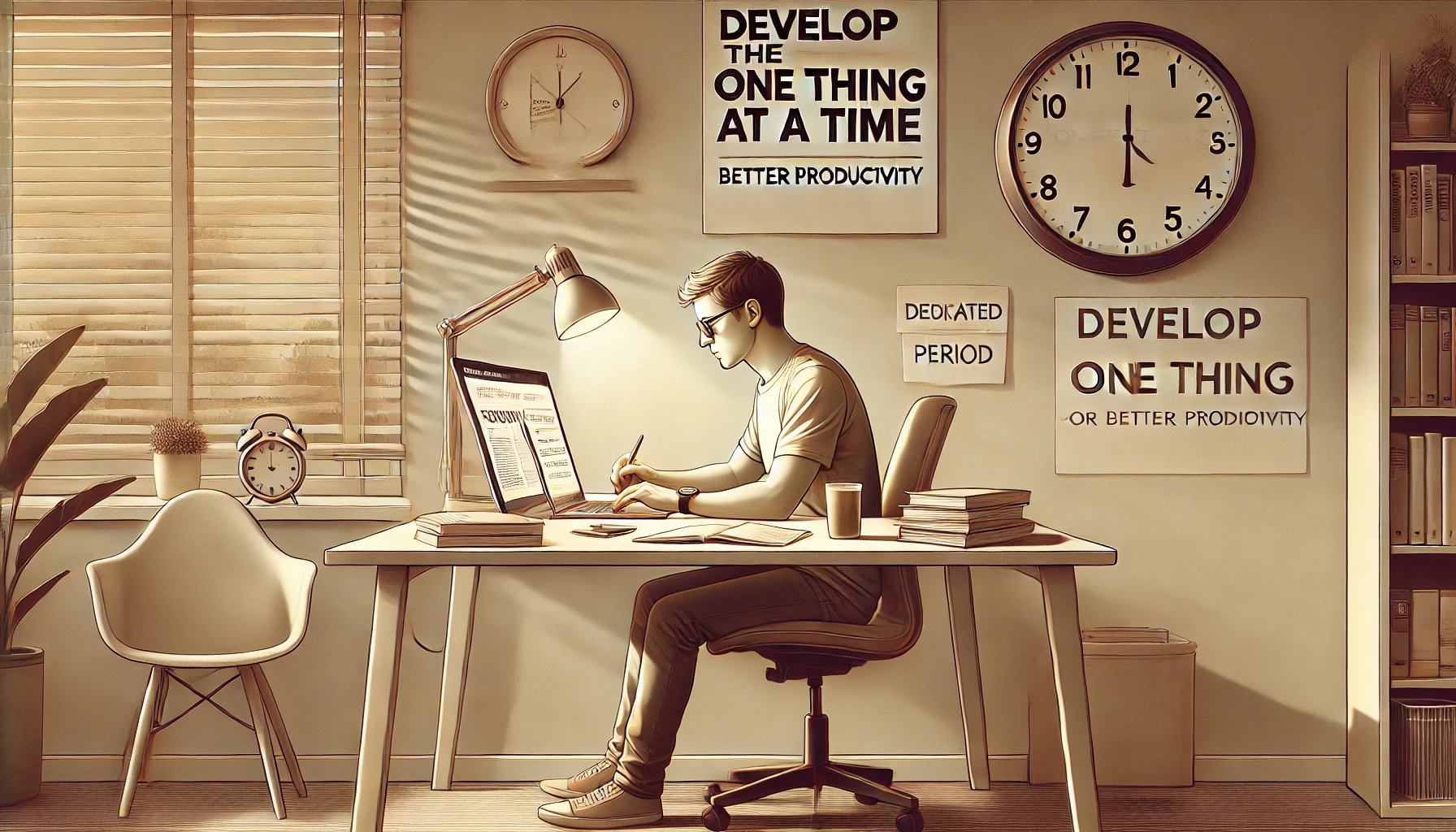
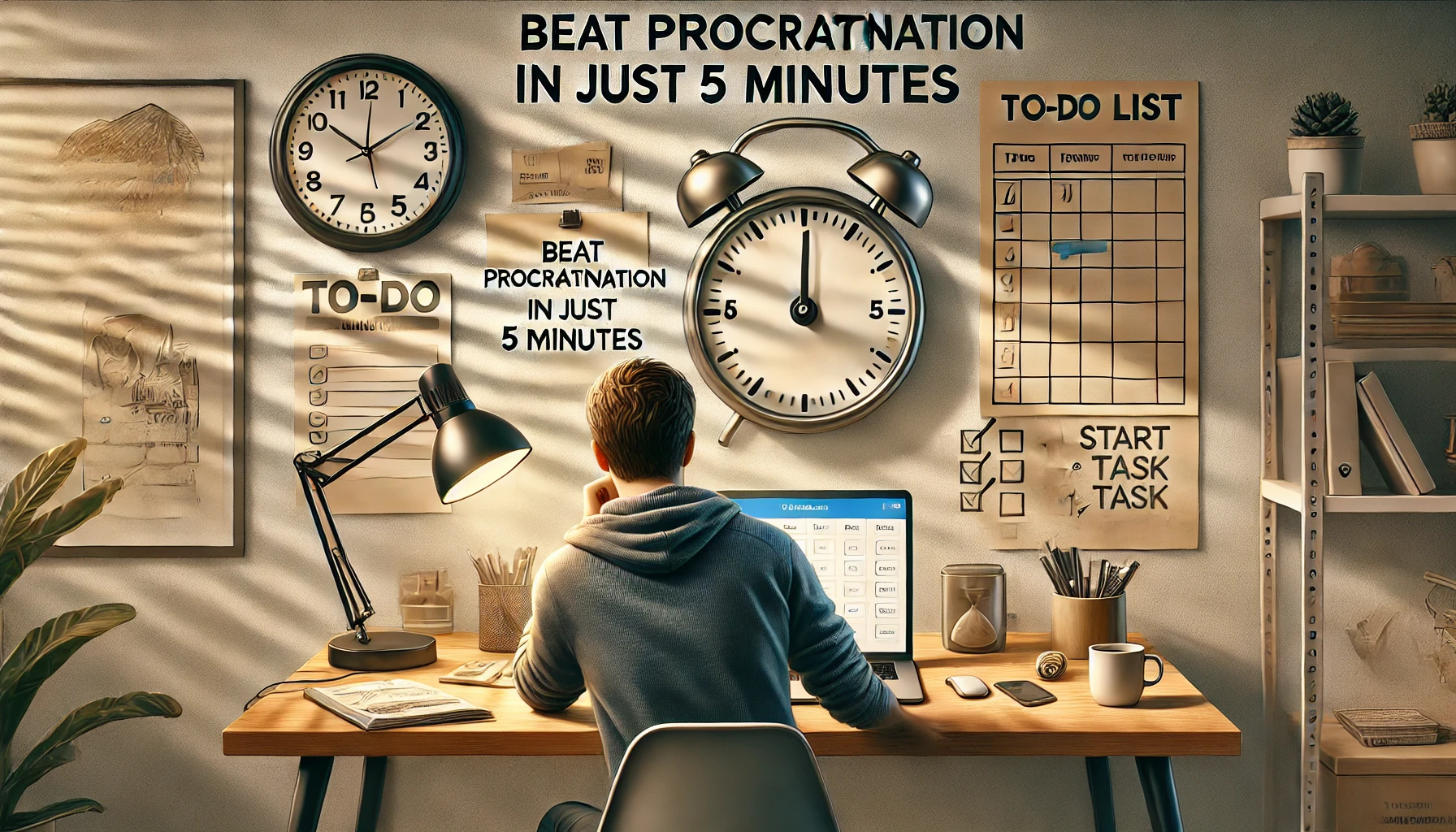
Leave a Reply